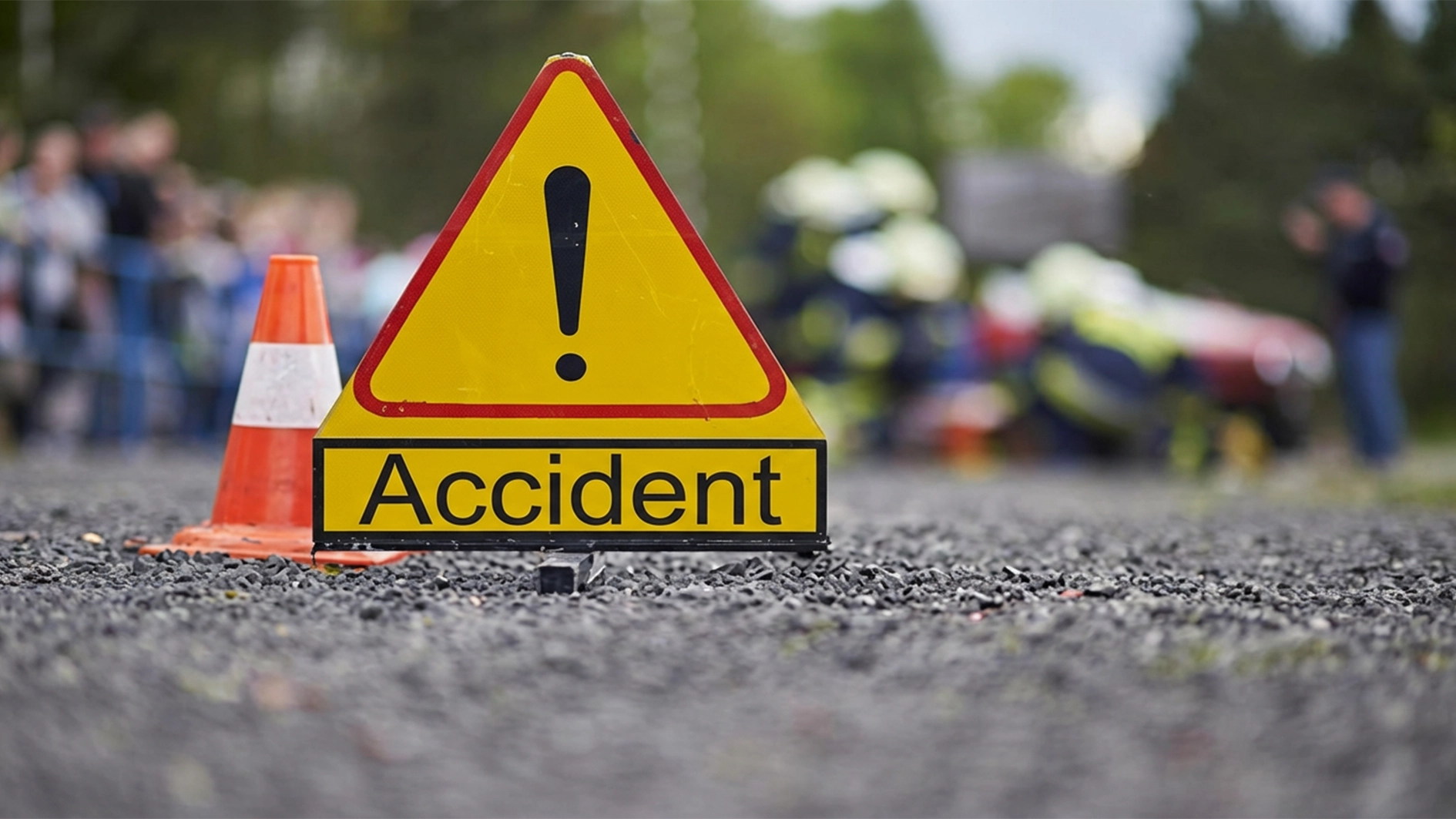The National Agency for Food and Drug Administration and Control (NAFDAC) yesterday destroyed counterfeit, expired, banned and substandard products valued at N20 billion during its South-West Zonal Destruction Flag-off Ceremony held at the Moniya Dumpsite in Ibadan, Oyo State.
The Director General of NAFDAC, Prof Mojisola Adeyeye, who was represented by Uba Florence, Deputy Director, Pharmaceuticals Investigation and Enforcement Directorate, Apapa, Lagos, said the exercise formed part of the agency’s ongoing efforts to safeguard public health and prevent unsafe products from re-entering the market.
She described the destruction as a routine regulatory action aligned with NAFDAC’s mandate to eliminate substandard and falsified medical products, unwholesome foods, illicit drugs, unsafe cosmetics and other violative items.
According to her, the products destroyed included substandard and falsified medicines, unsafe processed foods and additives, counterfeit cosmetics and a range of expired items seized from manufacturers, importers and distributors across the South-West.
Adeyeye said the destruction also covered damaged and expired items voluntarily submitted by compliant companies, non-governmental organisations and trade unions. She commended the gesture, noting that it reflected growing responsibility within the industry.
She further acknowledged the consistent collaboration of the Nigeria Customs Service, noting that the agency recently handed over 25 containers of counterfeit and substandard pharmaceuticals for destruction, including a reefer container.
The NAFDAC Director General also praised the support of the Nigeria Police Force, Nigerian Army, Department of State Services, Pharmacists Council of Nigeria, National Drug Law Enforcement Agency and the Nigeria Security and Civil Defence Corps in the nationwide fight against counterfeiters.
Reiterating NAFDAC’s zero-tolerance stance on fake and unwholesome products, Adeyeye urged Nigerians to avoid patronising quacks and unauthorised medicine dealers, warning that such practices pose serious risks to public health.
The exercise, witnessed by representatives of security agencies, health institutions and civil society organisations, reaffirmed NAFDAC’s commitment to ensuring that only safe and high-quality regulated products reach Nigerian consumers.






